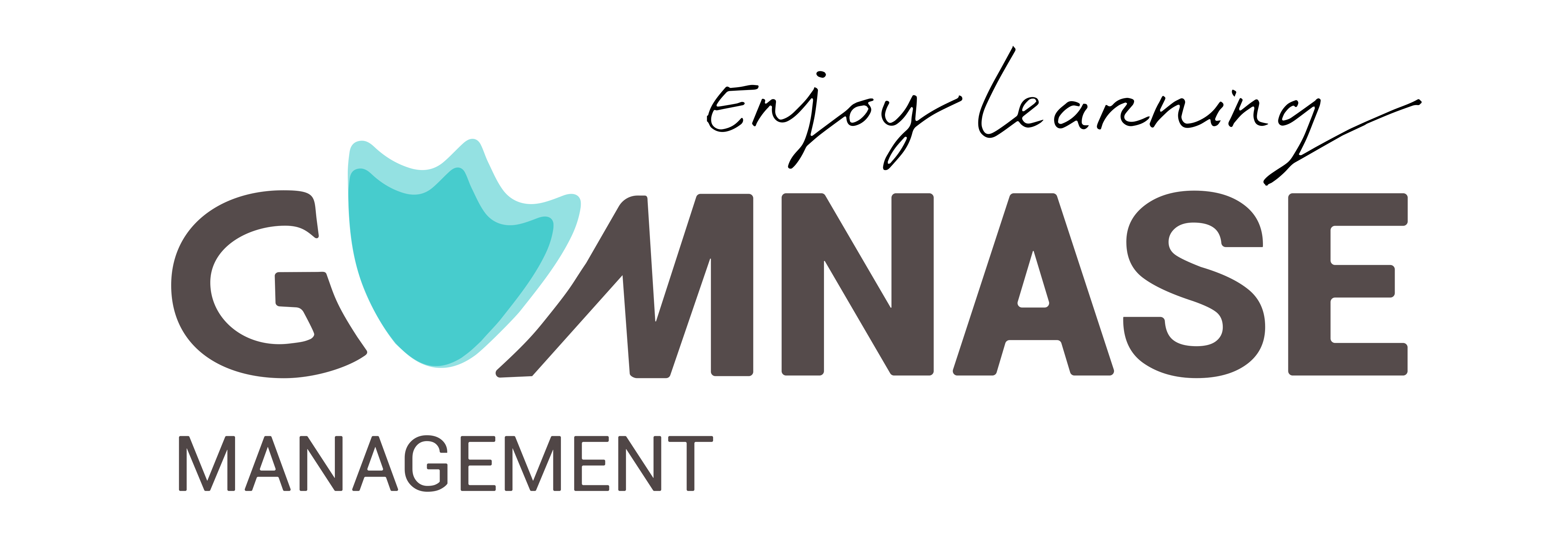Establish a dynamic of continuous improvement

Challenging practices: Combatting "business as usual"
It is rarely natural to adjust how we work, communicate, and organize
things. If only we could change without any effort! How then can you
foster in your team a spirit of continual re-assessment and adaptation?
Compare
Remember
Ask the team regularly to assess the way they do things: What is useful? Efficient? What is not? How could we reorganize tasks, save time? You might set up workshops for "challenging our practices" and sharing the solutions everyone has tried. Or these questions can be discussed during team or individual meetings.
Creating a habit of re-assessment is essential. This regular questioning gives substance to the collective endeavor: each person adds their own contribution.
Creating a habit of re-assessment is essential. This regular questioning gives substance to the collective endeavor: each person adds their own contribution.
Position yourself as a facilitator
In the process of continuous improvement, the manager provides support. The objective: bring out the preoccupations, ideas, and solutions from the group and from each co-worker, thereby reinforcing their engagement. The best proposals are those produced by the team!
The approach:
★ assess without preconceptions what is working, what isn't working, what could be done differently, for what benefit, with what means, etc.
★ resist the temptation to offer solutions yourself and instead facilitate the team's reflection.
The approach:
★ assess without preconceptions what is working, what isn't working, what could be done differently, for what benefit, with what means, etc.
★ resist the temptation to offer solutions yourself and instead facilitate the team's reflection.
Value people's experiences
Changing how we do things isn't so natural -- experiences deserve to be recognized and congratulated, whether successful or not. As part of your everyday work but also at larger internal events, on the intranet, on forums, etc. Improvement becomes a habit if everyone gets something from it.
Evaluation
Each question has only one correct response, but be careful: among the possible responses there is one that is "almost correct" and might make the choice harder!
1 / 3
Nothing to change?
Hans is overwhelmed but does not see anything at all that he could change in his way of working. What do you say to him?
In that case, I propose as a first step that you simply note down throughout the week what things you spend the most time on.
✓
✓
Yes, this is a way to lead Hans progressively to observe his way of working. You will define with him more precisely what to observe, how to proceed, etc.
But there must be some things you can change, nobody's perfect!
⚠
⚠
Useless. Hans now feels he has to justify himself. Time wasted!
I think you could spend less time handling the XYZ.
⚠
⚠
9 times out of 10 Hans will respond "But no, those are important..." The solution must come from him.
We don't have any choice, we have to improve. I'll let you think about it and get back to me in 3 days with a proposal. ⚠
It's highly unlikely that the situation will simply resolve itself!
2 / 3
Not enough time!
Last month you launched the "continuous improvement" initiative and today the team is to share their initial experiences and propositions. But no one "had enough time" to think about it. What do you say?
And yet we all agreed upon the need to engage ourselves in this initiative...
⚠
⚠
Of course, but their response will be "it takes time to do!" You will not have gotten anywhere.
Why didn't you have enough time?
⚠
⚠
A list of all the urgent tasks will not serve any use and will move you farther from your goal.
Why is it, that this initiative for continuous improvement is not very important for you? ✓
Yes, it's a bit direct but "not enough time" often means "not important". You may as well pose the question clearly to start a discussion about the issue.
What do you need, in order to be able to devote time to this?
⚠
⚠
A good question but a bit premature here. It would be perfect following question 3, after you have confirmed that the team perceives the meaning of the initiative and their own interest in participating.
3 / 3
Perfect reports
Gaïa continues to produce very detailed reports that no longer correspond to what's needed. During an individual meeting where you will discuss her workload, how to you approach the topic?
The way I see it, you spend too much time writing up the reports.
⚠
⚠
Why not. But you are likely to prompt a justification: "Yes but..."
One of the tasks that you spend time on is writing up the reports. How much would you say that takes?
✓
✓
Yes, it is essential to take Gaïa's concrete impressions as the starting point.
How could you cut in half the time you spend on the reports?
⚠
⚠
Too quick! It's impossible to find a solution to a problem that has not yet been defined.
You need to develop you skills in summarizing. It's something I can help you with.
⚠
⚠
The problem is not necessarily skills in summarizing. It is Gaïa who must tell you.
Your score is
0/3
You finished!
To review the questions and responses, please choose from the list below.